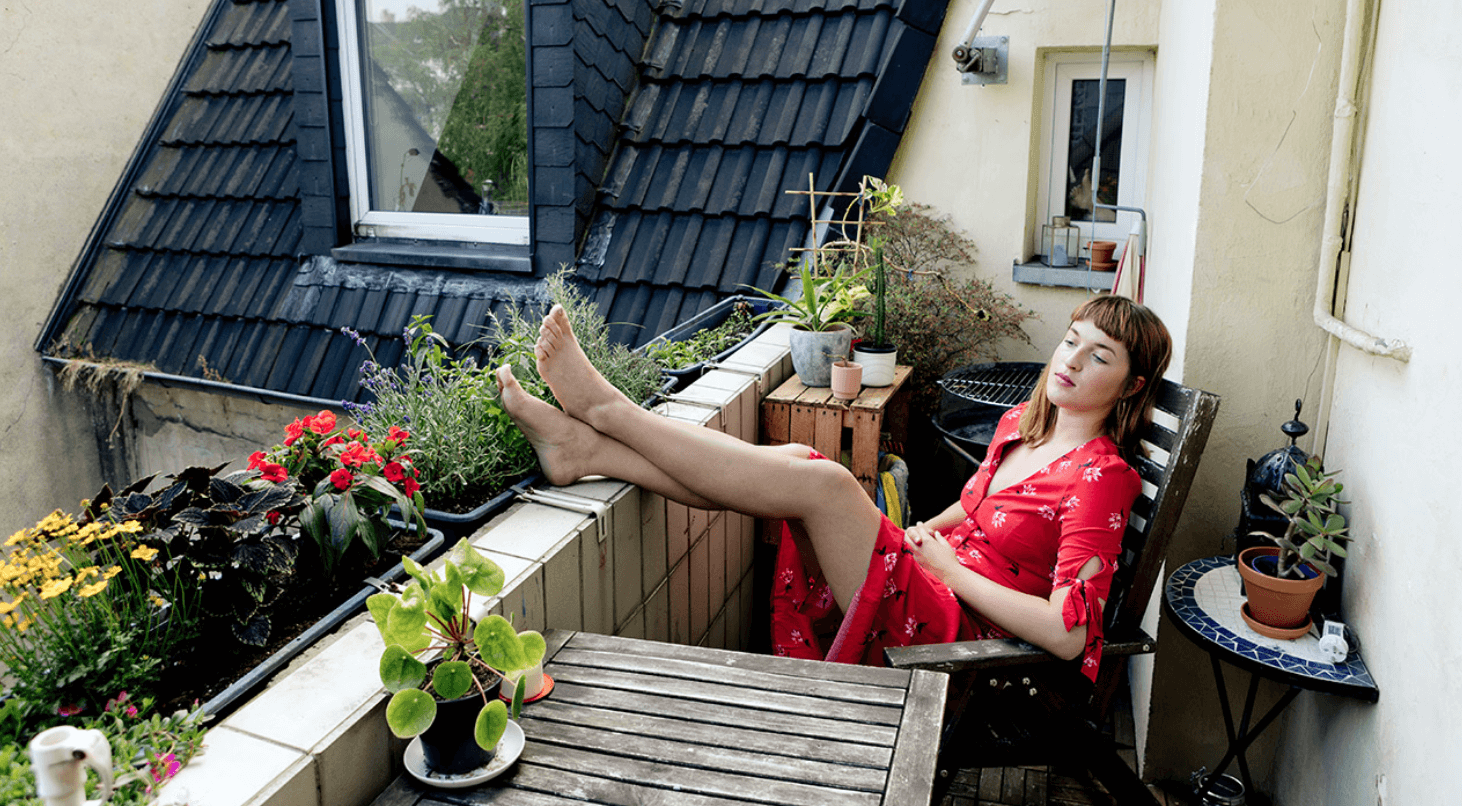BLOGS Got Questions About Social Distancing? These Experts Have Answers

Source: Healthline
As the United States experiences widespread school closures and governmental orders to close public places that attract crowds, you’re likely to hear the term “social distancing” several times a day.
Social distancing includes several measures that can slow down the spread of COVID-19 to prevent hospitals from becoming overwhelmed with sick individuals. If the novel coronavirus is allowed to spread, unchecked by social distancing, there might not be enough beds in intensive care units for all the people that need them.
“Social distancing is a complicated way of saying stay away from people, and the microbial residue that people might have accidentally left behind,” said Malia Jones, a social epidemiologist at the University of Wisconsin in Madison who studies how people’s behaviors contribute to outbreaks of infectious disease.
“Since the virus that causes COVID-19 is spread from person to person through physically close social contacts, the best approach to prevention we have right now is to keep people from being in close contact as much as possible,” she explained.
“I’ve been calling social distancing ‘cocooning’ to promote the idea that you should be at home in a safe harbor with your family,” Jones said.
It’s critical that everyone practices social distancing, not just those who are sick, Jones told Healthline. This can help vulnerable populations, like older adults, from getting the virus. Due to delays in testing and the ability for someone to have and spread COVID-19, even if they appear healthy, it’s currently impossible to know who has it.
“Social distancing is a responsibility that individuals take on to make sure they’re not the vector of disease and to break the chain of transmission,” said May Chu, PhD, a clinical professor in the department of epidemiology at the Colorado School of Public Health in Aurora, Colorado.
Stay home
“In a nutshell, stay at home except for essential errands,” Jones stated.
This goes for those who feel healthy, too. “Many cases are very mild or asymptomatic. But you can still give it to someone else even if you don’t feel sick yet,” she said.
Avoid all crowded places or events
Cancel any gatherings that involve members outside your household or “cocoon.” It’s possible that another household, such as that of immediate family, are also part of your small circle. If so, everyone in the cocoon needs to avoid social contact outside this circle and maintain a high level of personal hygiene.
Stay 3 to 6 feet away from people outside of your own family
“The recommendation is to be 3 to 6 feet away from other people, and to preferably be outside,” where transmission risk is lower, said Thomas Jaenisch, PhD, an infectious disease epidemiologist and associate professor at the Colorado School of Public Health. While 3 to 6 feet is distant enough if it’s for a minute or so, “If you’re in a closed room and have a meeting for an hour, that’s a different story” and should be avoided, Jaenisch said.
Wash your hands often for 20 seconds, and don’t share items with people outside your cocoon
“To avoid getting anything [such as the virus] that was sneezed onto a table or door handle onto your hands, and then ultimately into your mouth and nose, wash your hands often, especially before you eat and as soon as you get home from being outside,” Jones said.
Do I need to practice social distancing if I’m symptom-free?
We asked experts to clarify exactly how to practice social distancing in common scenarios to avoid spreading or contracting COVID-19. For some situations, experts have clear answers. But for others, the science isn’t yet available, so it’s responsible to err on the side of greater caution.
Overall, experts agreed the situations below were generally not essential. “All of these things, like going to the gym, riding public transportation — all of that fuels the epidemic,” Jaenisch said.
Can I schedule play dates for my kids?
“Keep your children home from school, and don’t let them mix with other kids outside your cocoon. School closures are especially important because even though children aren’t at particularly high risk for getting sick from COVID-19, they can still be carriers [and spread illness],” Jones explained.

